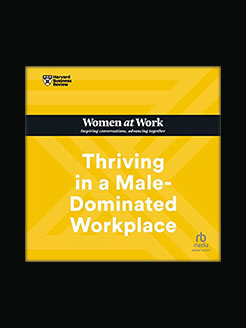Published in 2018
176 pages
Sara K. Ahmed currently serves as the Director of Curriculum Integration and 5th-grade advisor at Catherine Cook School in Chicago. She has taught and coached in city, suburban, public, independent, and international schools, where her classrooms were designed to help students consider their own identities and see the humanity in others. When she is not in the classroom or meeting with teachers, you can find her coaching cross country, soccer, or basketball. She is an international speaker and staff developer in schools around the world– bridging literacy, inquiry, and social identity work through curriculum development, professional growth meetings, and lab classrooms. Sara has also served on the Teacher Leadership Team for Facing History and Ourselves, an international organization devoted to examining and confronting the choices we’ve made in history—individual and society.
What is this book about?
Topics such as race, gender, politics, religion, and sexuality are part of our students’ lives, yet when these subjects are brought up at school teachers often struggle with how to respond. How do we create learning conditions where kids can ask the questions they want to ask, muddle through how to say the things they are thinking, and have tough conversations? How can we be proactive and take steps to engaging in the types of conversations where risk is high but the payoff could be even greater?
Being the Change is based on the idea that people can develop skills and habits to serve them in the comprehension of social issues. Sara K. Ahmed identifies and unpacks the skills of social comprehension, providing teachers with tools and activities that help students make sense of themselves and the world as they navigate relevant topics in today’s society.
Each chapter includes clear, transferrable lessons and practical strategies that help students learn about a targeted social comprehension concept. From exploring identity and diversity to understanding and addressing biases and microaggressions, Sara demonstrates how to address real issues honestly in the classroom while honoring and empowering students.
Dealing with social issues is uncomfortable and often messy, but you can build habitats of trust where kids and adults can make their thinking visible and cultivate empathy; where expression, identity, and social literacy matter. There is no magic formula for making the world a better place. It happens in the moments we embrace discomfort and have candid conversations.







